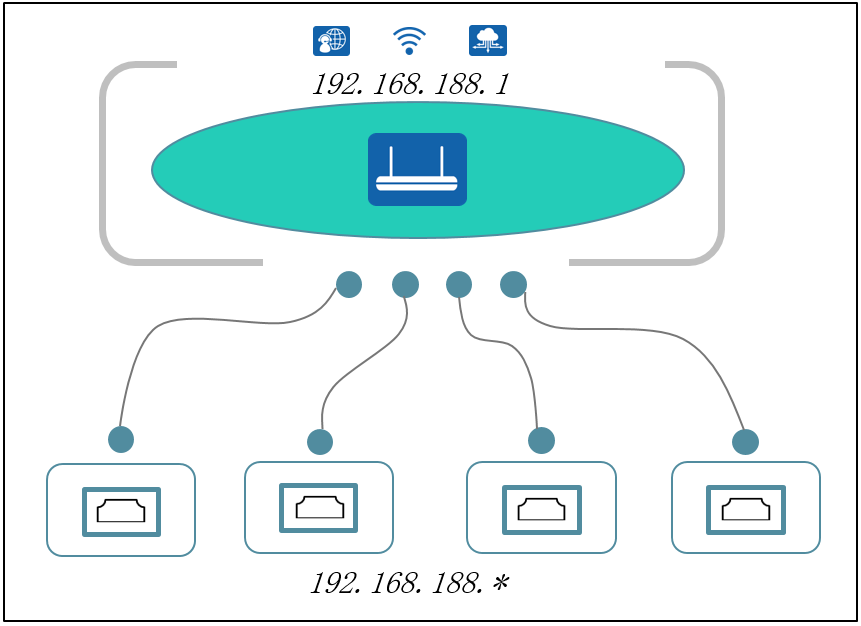192.168.188.1

In the vast landscape of computer networking, where every device requires a unique identifier to communicate effectively, IP addresses play a pivotal role. Among the multitude of IP addresses, one particular sequence, 192.168.188.1, holds its own significance, often serving as a gateway to intricate network configurations and settings.
Table of Contents
ToggleDeciphering the 192.168.188.1 IP Address
The IP address 192.168.188.1 is part of the IPv4 private address range. In network terminologies, it falls within the Class C range of private addresses, specifically within the subnet 192.168.188.0/24. This range is commonly utilized in local area networks for internal communications within a closed network environment.
Role as a Default Gateway
One of the primary functions of the 192.168.188.1 IP address is its assignment as the default gateway within a network. In typical home or small office setups, this IP address is often allocated to the router or gateway device. As such, it acts as the intermediary between devices within the local network and external networks, such as the internet.
Access Point for Network Configuration
Accessing the 192.168.188.1 IP address through a web browser opens up a portal to the router’s administrative interface. Here, network administrators or users can configure various settings to tailor the network according to their requirements. This interface commonly provides options for setting up Wi-Fi networks, managing security protocols, configuring port forwarding, and monitoring network traffic.
Troubleshooting and Network Management
The 192.168.188.1 IP address is also a crucial tool in troubleshooting network issues. By accessing the router’s interface, users can diagnose connectivity problems, view connected devices, and implement corrective measures to ensure smooth network operations. Additionally, it facilitates firmware updates and software patches to enhance network security and performance.
Security Considerations
Despite its utility, the 192.168.188.1 IP address, like any other network component, poses security risks if not adequately protected. Default usernames and passwords for router access should be promptly changed to prevent unauthorized access. Moreover, enabling encryption protocols such as WPA2 or WPA3 for Wi-Fi networks and implementing firewall rules bolster network security against potential threats.
Beyond the Basics
While the 192.168.188.1 IP address serves as the default gateway in many scenarios, it’s essential to acknowledge that network configurations can vary significantly based on the specific requirements of each setup. Advanced networking environments may involve subnetting, VLANs, or dynamic routing protocols, which demand a deeper understanding of IP addressing and routing principles.
Conclusion
In the intricate realm of computer networking, the 192.168.188.1 IP address stands as a fundamental component, facilitating communication and configuration within local networks. As a default gateway and access point to router settings, it plays a crucial role in network management and troubleshooting. However, maintaining the security and integrity of this address is paramount to safeguarding network resources against potential threats. With a nuanced understanding of its significance, network administrators can harness the power of the 192.168.188.1 IP address to orchestrate seamless connectivity and optimize network performance.





